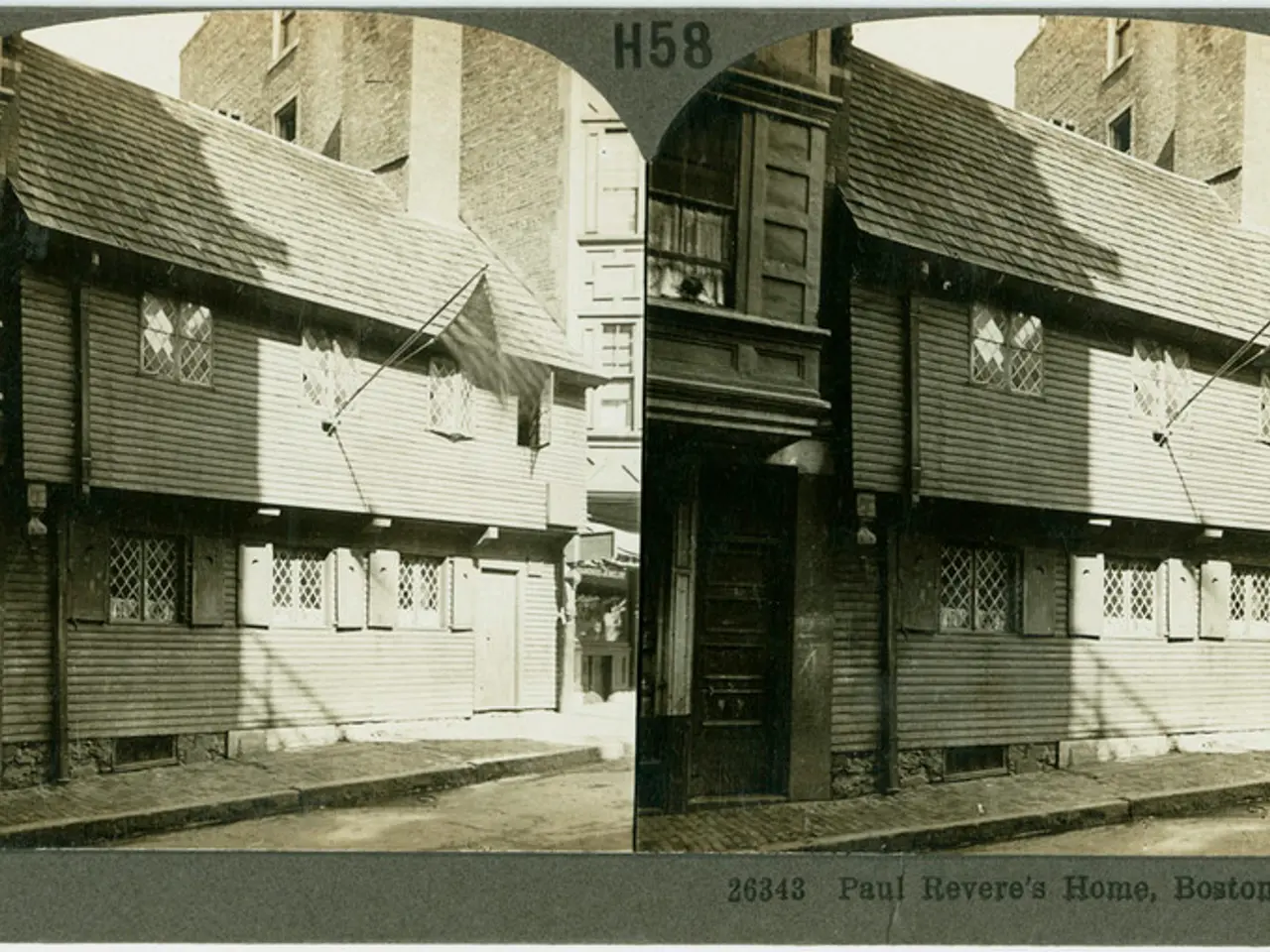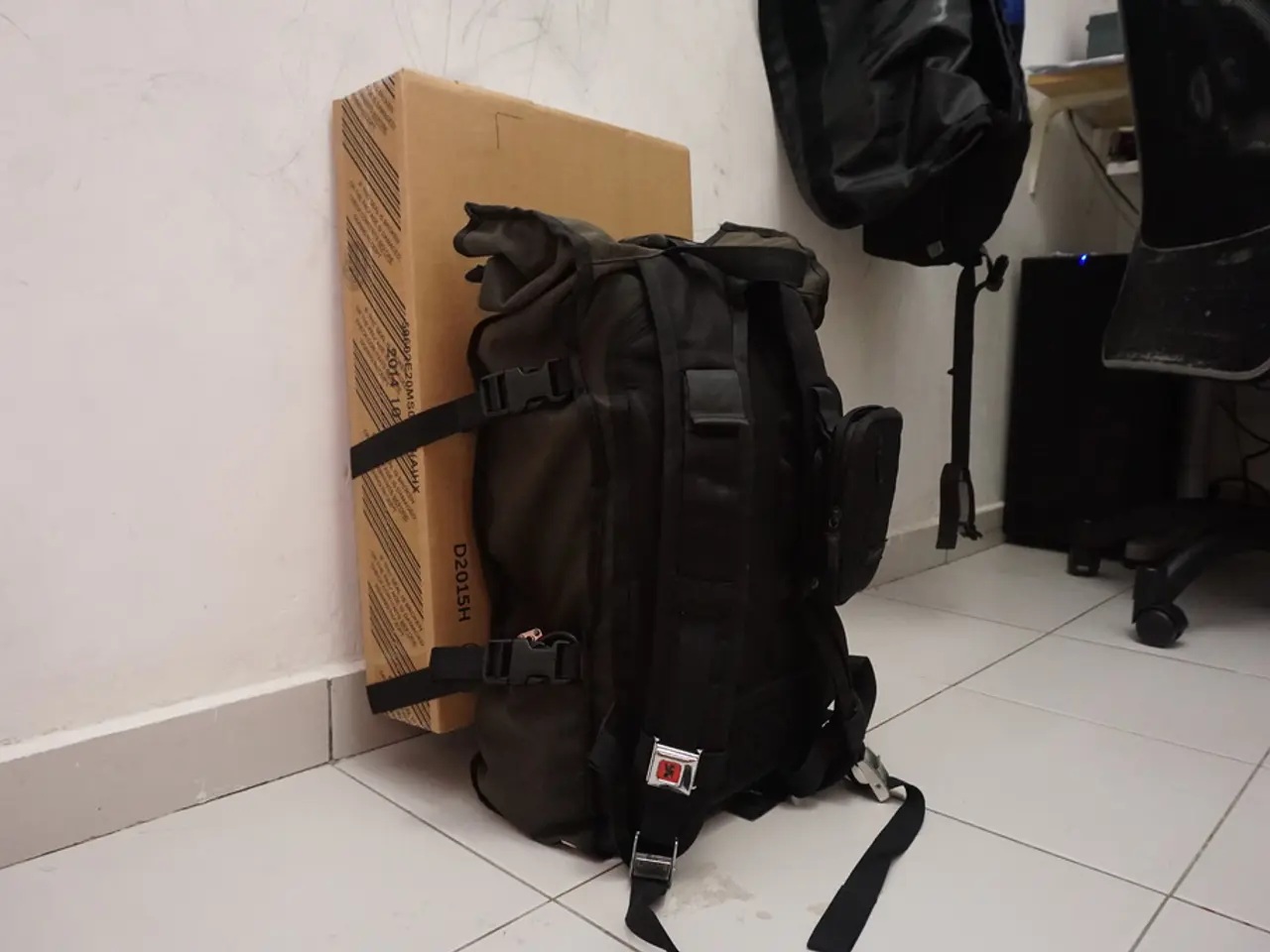Earn Cash through House Sitting Duties
Are you looking for a unique and rewarding opportunity to travel and earn a living? Consider becoming a self-employed house sitter. This role involves living in someone's home while they're away, keeping it clean and tidy, and possibly caring for pets to deter burglars.
Becoming a Trusted Self-Employed House Sitter
To succeed in this field, credibility is key. While no formal education is typically required, gaining relevant skills and building trustworthiness is essential. This can be achieved through good communication, punctuality, background checks, and collecting references from professional people. If looking after pets is involved, taking pet care or first aid courses can enhance your profile.
Finding Clients and Managing Legalities
Finding clients can be as simple as word-of-mouth, social media, or registering on platforms dedicated to house or pet sitting like Rover or TrustedHousesitters. Networking with local service providers such as veterinarians and real estate agents can also generate referrals.
Starting as a self-employed house sitter involves managing legalities and costs. Potential expenses include business licenses and permits, background checks, insurance, marketing materials, and training and certification. The exact expenses depend on your area, whether you opt for insurance, and how much you invest in marketing.
Preparing for Emergencies and Setting Your Rates
It's crucial to prepare for emergencies. Know how to handle medical emergencies involving pets or clients' homes. For pets, contact local veterinarians or emergency helplines—not general emergency numbers.
Your pay as a house sitter varies widely, from about £14 to £50 per hour, depending on location, responsibilities, and experience. You can choose to charge hourly or per day.
The Cost of Starting a Self-Employed House Sitting Business
The costs to start a self-employed house sitting business can range from minimal (a few dozen dollars for marketing and background check) up to several hundred dollars for insurance and certifications. Developing professional skills, being reliable, and networking are crucial for success.
The Role of House-Sitting Agencies
A good house-sitting agency can provide health and safety training, personal safety training, animal welfare guidance, and details of their own regulations and rules. They can also match house sitters with clients who live near their own homes, but may also help find house sits further away for travel. Agencies like TrustedHousesitters pay long-term house sitters a starting rate of £10 a day, with additional pay for pet care and a food allowance.
Suitability of House Sitting
House sitting is often suitable for retired individuals and students who are fit and active. Being self-employed as a home sitter allows you to advertise your services directly to potential clients. If agreed in advance, a partner may accompany a house sitter.
Insurance and Legal Matters
It's important to remember that self-employed house sitters are responsible for advertising, managing time, registering with HMRC, drawing up contracts, arranging public liability insurance, and paying for utilities if not covered by the homeowner. House owners should let their insurance company know when someone else is house sitting their property.
House Minders and Short-Term House Sitters
House minding involves checking on an empty home daily to water plants, pick up mail, and help deter burglars, but does not require living in the house. Some agencies specialize in short-term house sitting, providing people to stay in homes for specific tasks like waiting for a plumber or furniture delivery. Short-term house sitters can earn between £8 and £10 an hour with some private agencies.
In summary, house sitting offers a unique opportunity for self-employment, travel, and pet care. With the right skills, marketing, and legal preparations, you can turn this opportunity into a successful and rewarding career.
- To increase your chances of success in the world of house sitting, consider acquiring skills in various areas such as finance, lifestyle, fashion-and-beauty, wealth-management, home-and-garden, and personal-finance, as these skills can add value to your services and boost your credibility.
- As you delve into the realm of self-employment as a house sitter, consider the need to manage legalities and costs, which may include expenses for business licenses, background checks, insurance, marketing materials, and training and certification.
- As you navigate your house-sitting career, it's important to remember the significance of insurance and legal matters, ensuring that you are adequately covered and that your clients' properties and pets are protected.




